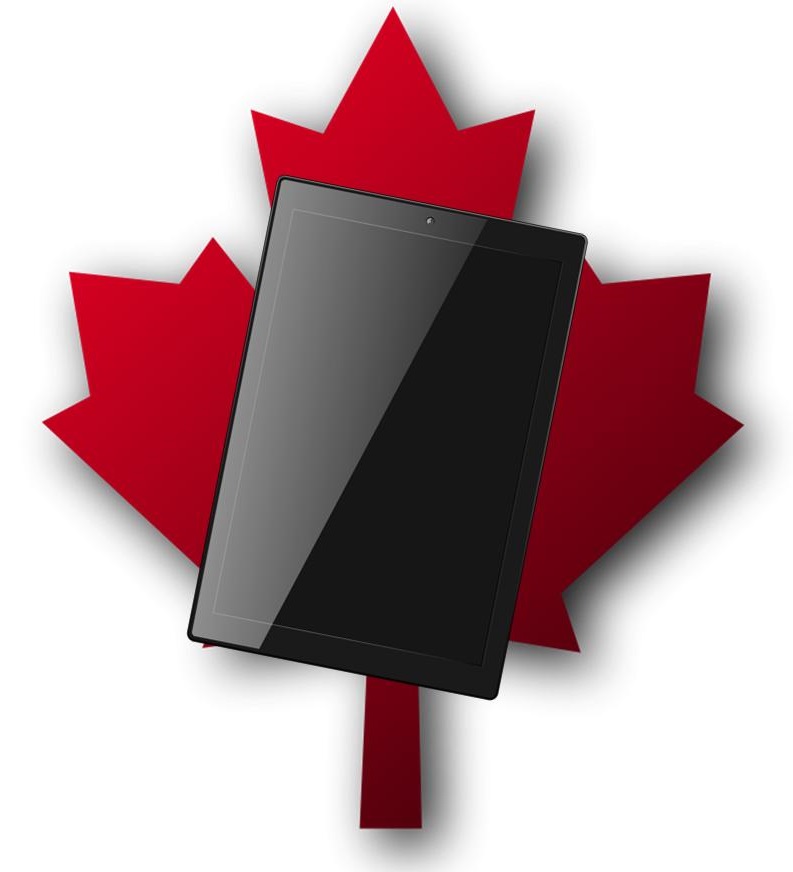While tablets may be the leaders in the mobile tech marketplace, their shipments are notably slowing.
Until now, t-commerce has been leading the way among mobile devices and the growth rate has only continued to climb, but it looks as though tablet shipments are now starting to lose steam and their growth is experiencing a significant decline.
There has been a far larger decline in the demand for tablets than had been predicted in Q1 2014.
Based on the size of the decline in t-commerce that has actually been experienced, when compared to what was predicted in the first quarter of the year, concerns are now being raised regarding what tablets and 2 in 1s will be facing in terms of additional challenges to the marketplace throughout the rest of the year. In fact, the International Data Corporation (IDC) has now decreased its worldwide tablet plus 2 in 1 forecast for 2014 to be 245.4 million units.
This represents a massive drop in the IDC t-commerce shipments forecast that had previously been made.
Last quarter, the IDC had released a prediction that 2014 would see 260.9 million unit shipments. Clearly, this represents a dramatic change in the direction that tablet sales are expected to take. Still, the IDC pointed out in its report that this forecast continues to represent a year over year growth rate of 12.1 percent.
While this is still a healthy rise, it is nowhere near the growth that was experienced in 2013, when tablet shipments had a year over year rise by 51.8 percent.
According to the IDC program vice president of devices and displays, Tom Mainelli, there are two primary issues that are causing the t-commerce marketplace to slow down. “First, consumers are keeping their tablets, especially higher-cost models from major vendors, far longer than originally anticipated. And when they do buy a new one they are often passing their existing tablet off to another member of the family.”
Secondly, he pointed out that as “phablets” – that is hybrids between smartphones and tablets which have screens larger than 5.5 inches – make a bigger splash in the market, consumers are starting to think twice about buying individual smartphones and tablets and are thinking about combining.

 Although the specs may not come anywhere near matching the iPad, for that price, many people who would otherwise not be purchasing that type of
Although the specs may not come anywhere near matching the iPad, for that price, many people who would otherwise not be purchasing that type of 